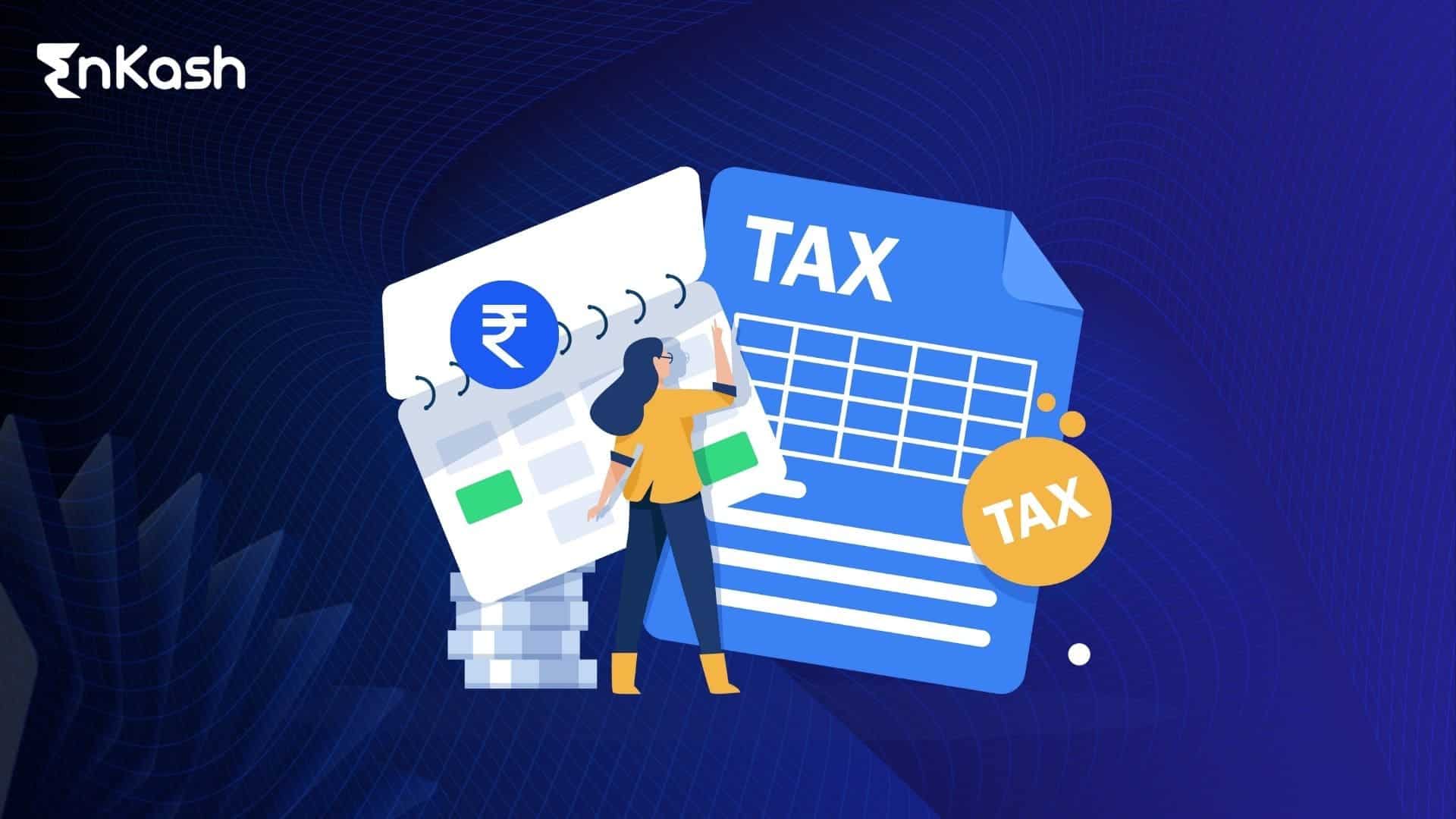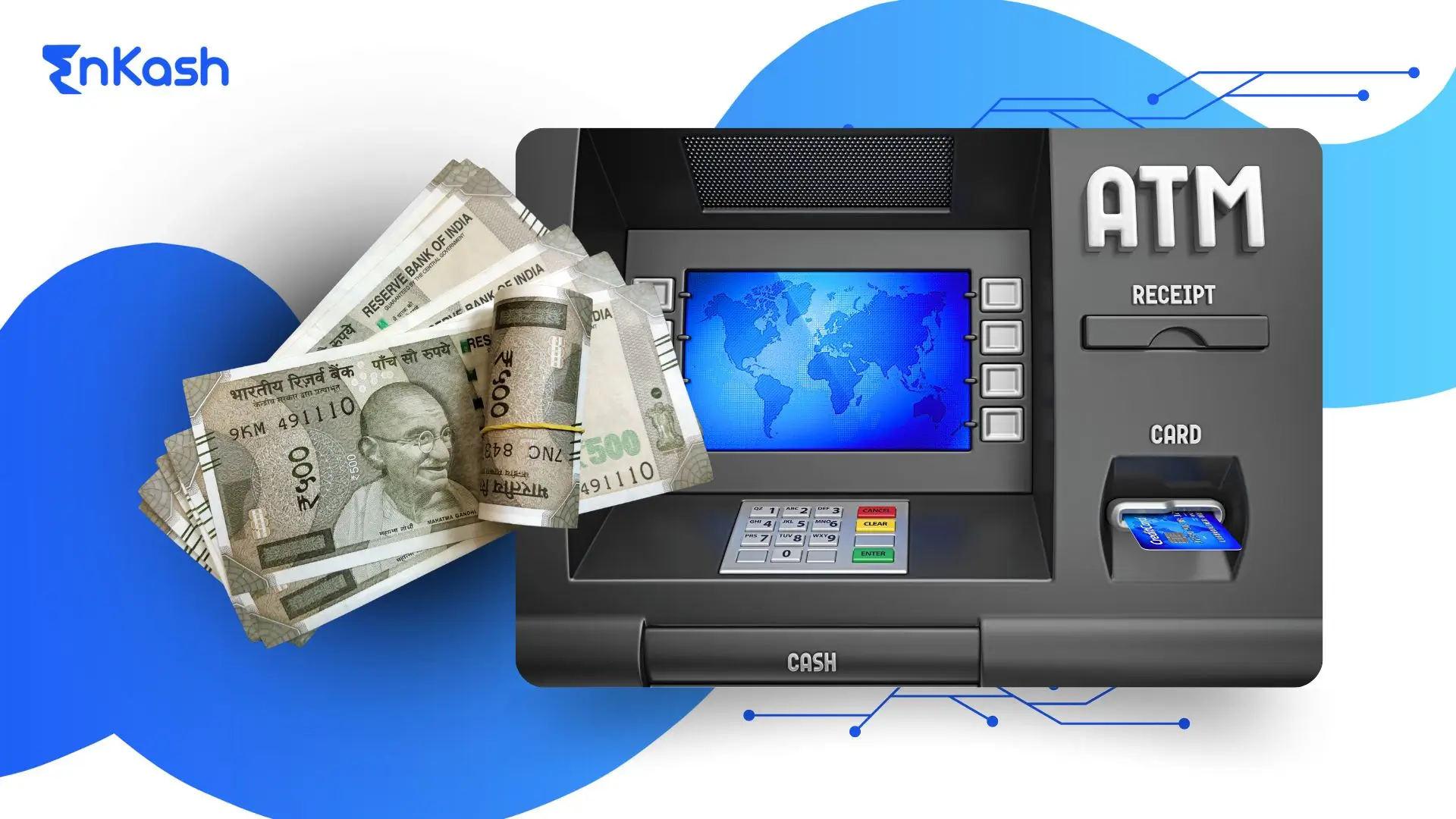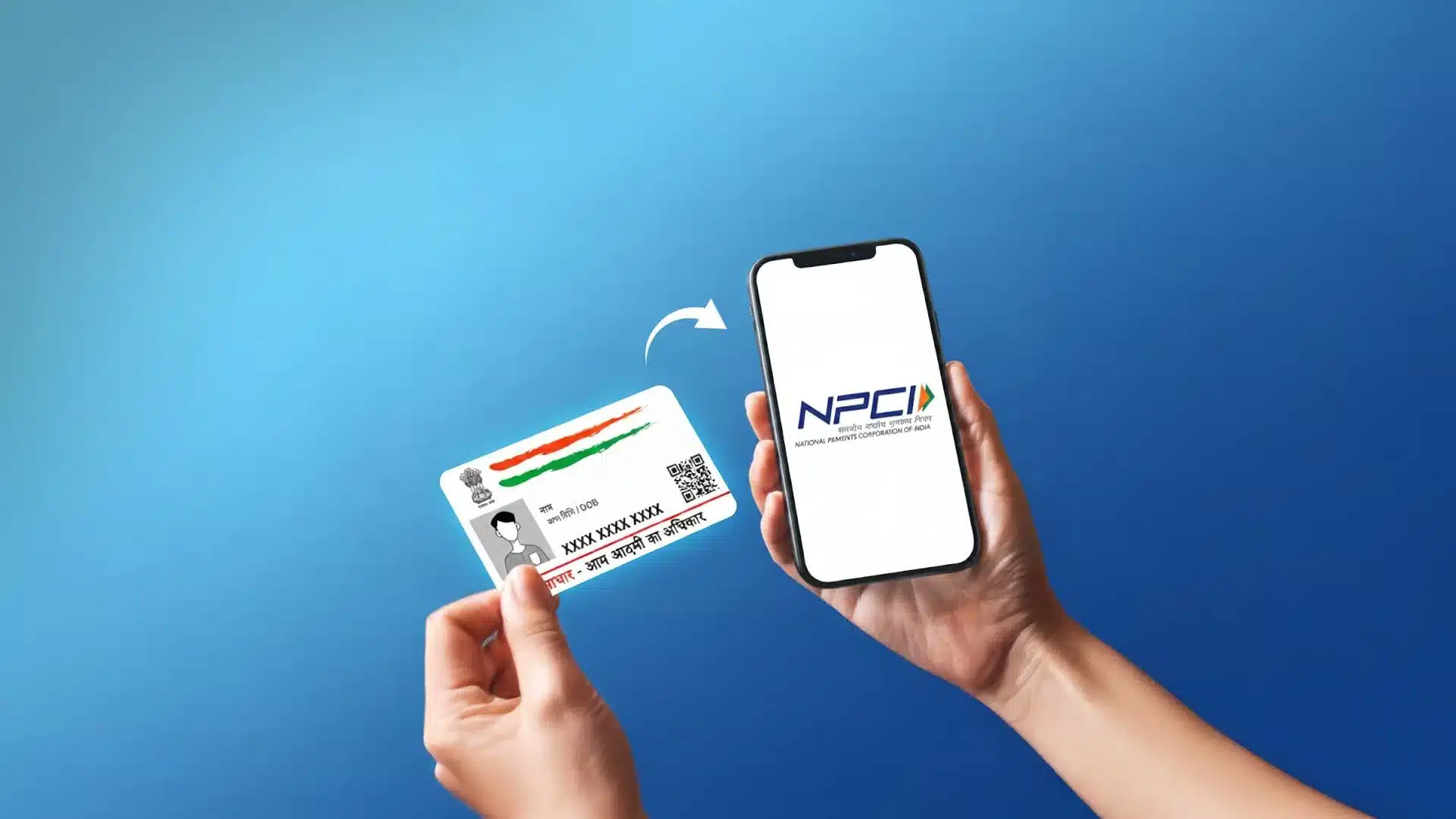Invoice numbers are one of the most important elements in the financial system of a business as they ensure details of purchases and sales are transparent, compliant with regulatory requirements and properly recorded. India’s Goods and Services Tax (GST) impacts much of the financial system in the country, and companies must follow its rules to create and maintain invoice numbers. These numbers track sales, help with audits, and keep financial paperwork organized. Good invoice number management processes not only improve compliance, it can also make your business more efficient, easier to audit, and create more trust with your customers.
What is Invoice Number Meaning
An invoice number is the unique identifier of each invoice a business issues, and it is a crucial index for tracking payments, pending bills and transaction history. Under the Goods and Services Tax (GST) regime, invoice numbers are compulsory in India. These numbers are required for efficient financial accounting and to ensure compliance with taxation rules.
In addition to assisting with basic transaction tracking, invoice numbers are essential for audit and tax filing purposes and general bookkeeping. For instance, if the company is held up for audit or a customer disputes the company’s bill, an invoice number is a unique reference to the transaction that corresponds to a specific sale or service. This is particularly important in the context of India’s tax regime, as businesses can be hit with a tax penalty for missing or incorrect invoice details.
GST requires the invoice numbers to follow a particular pattern consisting of alphanumeric characters and sequential numbering through the financial year. For example, INV/001/2024 is an invoice number sample. Here INV is the abbreviation for the invoice, 001 represents the sequence, and 2024 represents the financial year. The invoice number can be customized depending on the company’s requirements, including adding branch codes or customer identifiers.
Structured invoice numbering helps the company be compliant and also implements a process that eases operations, especially when many invoices are to be issued, such as by an e-commerce company or manufacturing. Businesses can use automated invoicing systems that help reduce human errors and maintain consistency across large volumes of transactions. It can also ensure businesses stay compliant with India’s strict financial regulations.
Also Read: GST Payment
Importance of Invoice Numbers in Business Transactions
Invoice numbers are an integral part of the accounting system essential for record-keeping. In India, GST laws mandate the use of invoice numbers. Let’s understand how invoice numbers help businesses and regulatory authorities in their operations.
Ensures Proper Documentation
Invoice numbers ensure that every sale is assigned a unique number. Taxable transactions in India are also required by GST law to have unique invoice numbers. With these invoice numbers, a record of all sales and purchases can be maintained by the business, and they can easily be made available during audits when the tax authorities come knocking. Without these sequential invoice numbers, it would be difficult for a business to keep track of these purchases and remain in compliance with the law.
Assists in Payment Tracking
Invoice numbers aid companies track payments and overdue bills. An organized invoice no format enables the business to easily look up invoices in case of disputes or if there is an overdue payment or if they need to follow up with the client. Particularly for companies handling a large number of transactions, a properly managed invoice process is essential to keep everything in order.
Improves Financial Management
An invoice process with a logical sequence of numbers serves as the basis of effective financial management. For GST-registered businesses, this is particularly important for filing tax returns, preparing financial statements or undergoing an audit. It also makes it easier to calculate and claim Input Tax Credit (ITC), which helps reduce tax payments.
Enhances Credibility
A clear sequential series of invoice numbers helps convey to customers a sense of responsibility and openness. Customers will be confident that their transactions are being properly accounted for and can, therefore, have greater confidence in the business they’re dealing with.
Common Invoice Number Formats
There are several invoice number formats available that businesses can employ depending on the type and volume. Here are some of the formats used in India.
Sequential Numbering
Sequential numbering is the most commonly used invoice numbering format. It follows a sequential pattern of numbers, for example, 004, 005, 006 and so on. This format is suitable for small and medium-sized enterprises (SMEs) with a low volume of transactions. It makes invoice tracking far easier and more efficient. The orderly fashion of the invoices also helps businesses stay compliant with GST rules.
Date-Based Numbering
The date-based format embeds the date of the transaction inside of the invoice number. For instance, an invoice issued on 2 August 2024 would be coded INV-020824 and would contain the date, month, and year inside of the invoice number. The format allows companies that offer services and issue invoices daily to organize and locate invoices more efficiently. It can help companies track a sequence of transactions chronologically, which can be helpful in the case of audits or for industries that invoice frequently.
Alphanumeric Numbering
Alphanumeric numbering involves combining letters and numbers and therefore can be customized to meet business requirements. For example, INV-CUST002-2024 could be assigned to a particular customer in the financial year 2024. The alphanumeric codes help large enterprises or businesses that are working with multiple clients or projects to better track and manage their invoices.
Customer-Based Numbering
Customer-based numbering associates an invoice to a specific client. For example, CUST02-INV001 is the first invoice for client CUST02. As a result, businesses can quickly cross-reference all transactions related to a particular client when needed. For instance, in industries such as IT services or consulting, a business needs to keep track of payments and manage disputes quickly for multiple clients and this numbering format is an effective way of doing it.
Project-Based Numbering
A project-based numbering works well in those industries where projects generate revenue over a longer period, such as construction or the development of software. For example, PROJ001-INV001 is the first invoice of a specific project. The format makes it easier for companies to track project-related costs. It also provides a comprehensive view of the budget and its utilization.
Also Read: Types of GST
Location-Based Numbering
If a business operates from different branches, a location-based numbering would be an appropriate invoice format. For instance, a business with offices in Delhi and Mumbai can use DEL001 for Delhi and MUM001 for Mumbai. This helps in maintaining location-specific data – particularly useful for franchises and large companies operating out of multiple regions.
Invoice Number Example: Real-World Applications
In the real world, businesses use different invoice number formats which can be customized to suit business requirements. Let’s go through some of the popular invoice formats below.
Retail Sector
In the retail sector, for example, businesses tend to employ a sequential numbering system when issuing invoices when they deal with large numbers of low-value transactions on a daily basis. For instance, invoices issued by a small retail shop may have numbers such as INV001, INV002, etc. In these circumstances, sequential systems are helpful due to the large quantity of daily transactions. Furthermore, the simplicity of sequential numbering allows for easier reconciliation at the end of day or week.
Service-Based Businesses
Date-based numbering is used by service providers such as freelancers, consultants or agencies. For instance, a consulting firm might use an invoice format like CONS240824-001, with 240824 now indicating the date (August 24, 2024), while 001 represents the first invoice issued on that date. This way, invoices can be effectively followed up on by the date of the service, which is a good practice for firms that need to bill clients at certain project milestones.
E-Commerce Companies
E-commerce platforms, which process thousands of transactions a day, generally use an alphanumeric numbering format to differentiate transactions. For example, consider the invoice number sample – ORD1234-INV001. Here ORD1234 represents the order number while the INV001 represents the first invoice for that order number. The format helps businesses and customers to refer to online orders easily, and also deal with returns or disputes efficiently.
Manufacturing and Project-Based Industries
Businesses that work on projects that span months or years might employ a similar project-based numbering approach. For example, a manufacturing or a construction business might issue an invoice like – PROJ01-INV001. Here, the PROJ01 is a reference to the project number and INV001 is the first invoice of that project. The format helps the company extract costs, payments and other associated details using invoices.
Franchise Businesses
Multibranch operations such as restaurant chains or retail outlets use a location-based numbering system to distinguish transactions coming from different branches. For example, an invoice from Pune might be numbered PUN01-INV005 or an invoice from Kolkata might be numbered KOL01-INV001. In this fashion, organizational performance and sales data can be tracked from multiple locations independently, for a more granular analysis.
Also Read: Credit Note in GST
How to Get Invoice Numbers for Your Business
Having an efficient invoice numbering system helps businesses ensure compliance and consistency across their operations and financial accounting processes. Let’s understand the different invoice generation processes that businesses can use.
Manual Generation of Invoice Numbers
It is commonplace for freelancers or small businesses to generate their invoices manually. They use tools like spreadsheets to manually generate sequenced invoices like 001, 002 and so on. The benefit of the method is that it is simple to use. But it cannot be used by businesses that generate large transaction volumes. This is because the manual method can increase the chances of mistakes and duplicates that could lead to issues with financial management and compliance.
To generate invoices manually, follow the steps below:
- Assign a unique, sequential identifying number to every new invoice (eg INV001).
- Specify other information, for example, the financial year or an identifier describing your customer.
- Regularly audit your records to prevent duplication or missed numbers.
For small businesses with modest transaction volumes, this is a cost-effective approach, but it is less scalable. In most cases, it is more efficient to automate the process as a business grows.
Automated Invoice Number Generation
For enterprises that deal with large transaction volumes, it becomes more effective and reliable to use invoicing software. The software can automatically generate invoices using predetermined invoice number formats and ensure compliance with the GST. Automated invoicing tools can help avoid duplication and reduce the chances of human errors.
Automated systems generally include integrated features, such as invoice tracking, electronic storage and reminders of unpaid invoices. They facilitate efficiency by maintaining financial management, enhancing cash flow and reducing administrative overhead.
GST-Specific Invoice Numbering in India
Here are the guidelines businesses must follow when generating invoices to stay compliant with GST rules.
- The invoice number should be uniquely identifiable for every financial term.
- It can include up to 16 alphanumeric characters.
- The invoice number should follow a sequential format (no numbers must be skipped).
Businesses can avoid non-compliance and penalties during audits by ensuring these requirements are being met.
Conclusion
Proper invoices are a crucial part of the financial accounting cycle of a company. A structured invoicing system can help one stay compliant with financial regulations, tax laws and accounting practices. In India, an organized invoicing approach is essential to meet GST rules. Whether it’s through manual systems or automated invoicing tools, having unique and sequential invoice numbers is crucial to avoid invoice duplications, mistakes, fines and even lawsuits as a result of noncompliance with audit standards.
Furthermore, by customizing invoice number formats like customer-based, project-based or location-based numbering, businesses can optimize their operation flows and better manage their financial performance and reporting. Well-monitored invoice numbers can improve transparency, enhance cash flow management and ensure tax compliance.
Determining the proper invoice no format, government requirements, and best practices for issuing invoice numbers assists corporations in staying within India’s regulatory guidelines and helps improve overall operational efficiency.
FAQs
Why is it necessary to have sequential invoice numbers under GST in India?
India’s GST law mandates a unique, sequential invoice numbering system for each invoice. It helps trace transactions and prevent fraud. This sequence helps tax authorities audit financial records effectively and prevents the omission of transactions. Missing or skipped invoice numbers can raise eyebrows and potential penalties may follow.
Can I use alphanumeric characters in GST invoices?
Yes, businesses can use alphanumeric characters in their GST invoice number format. 16 characters is the maximum length allowed. It can include a mix of letters, numbers and symbols. The flexibility helps businesses create structured invoice numbers specific to their requirements.
What happens if an invoice number is accidentally duplicated?
If a company unintentionally issues the same invoice number twice, it could lead to issues in financial management, and payments tracking. The company can also end up on the wrong side of GST law. To avoid issues such as generating duplicate invoice numbers, businesses should deploy automatic invoicing software to ensure uniqueness.
Are there legal penalties for not following GST invoice numbering rules?
Yes, failure to follow GST invoice number formats could lead to legal penalties, including fines and audits. Incorrect or missing invoice numbers may lead to tax authorities rejecting the business’s ITC claims, leading to additional tax liabilities.
Can I reset my invoice numbers at the start of a new financial year?
Yes, a business can commence a new invoice number sequence for each financial year. This sequence must start from the 001 or other specified numbers and be issued in sequential form in line with GST regulations.
What’s the difference between manual and automated invoice numbering?
Manual invoice numbering involves a user manually assigning invoice numbers. This is typically done using spreadsheets, which can lead to other issues like missing numbers or duplicates. Automated invoicing systems generate invoice numbers automatically, ensuring compliance with legal requirements, accuracy, and ease of tracking.
How do invoice numbers help with GST audits?
Businesses must provide complete and accurate transaction records during GST audits. A well-organized invoice number format allows auditors to trace each transaction, ensuring there are no gaps or discrepancies. Sequential invoice numbers simplify the auditing process and reduce the chances of non-compliance.
Can I assign different invoice number formats for different departments or branches?
Yes, the invoices can have different invoice number formats issued by different branches/department stores of the same business. It becomes easy to track the sales performance of each department and the financial records remain uncluttered.
How to choose the right invoice number format for my business?
Your choice of invoice no format depends on the size of your business, the industry you’re in, and the volume of your transactions. If you’re running a small business, a sequential numbering format might be sufficient. Larger businesses dealing with multiple clients or projects would benefit from an alphanumeric or project-based numbering system.
Is it necessary to include the financial year in the invoice number?
Including the number of the financial year in the invoice is not mandatory but it’s a good idea. Businesses can better track invoices for a given financial period, future-proof their records and also reset their invoice numbers at the end of a financial year.








